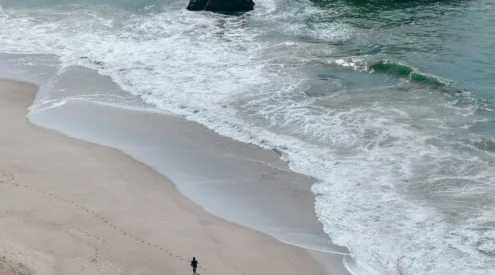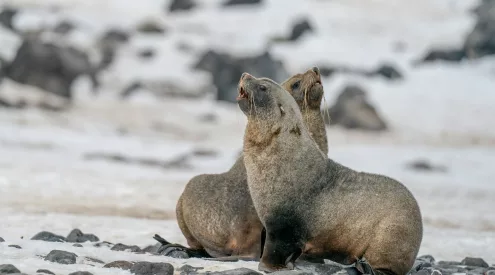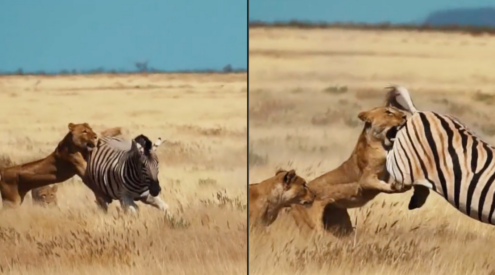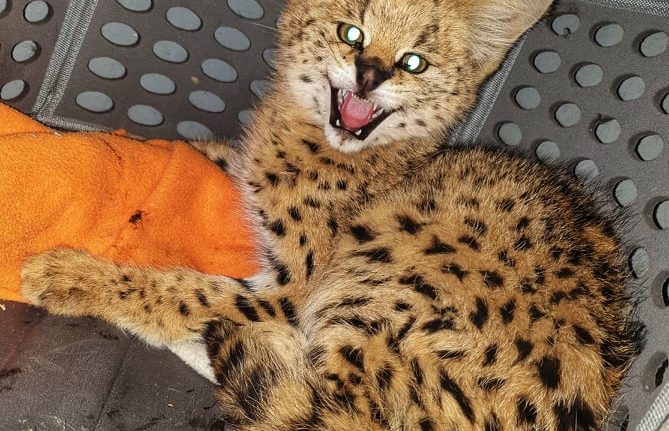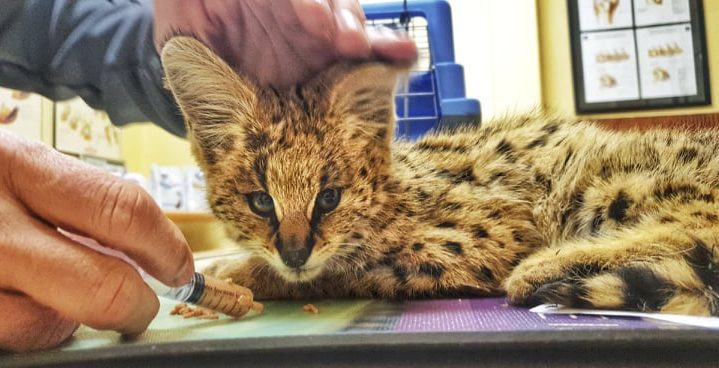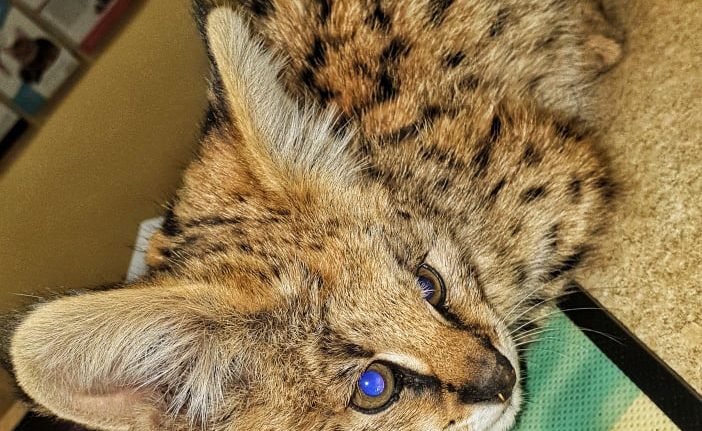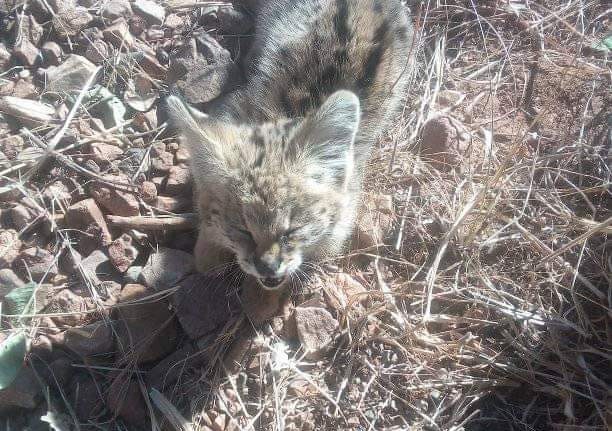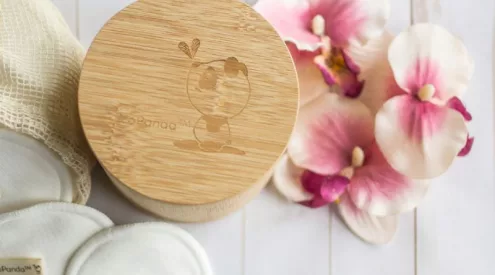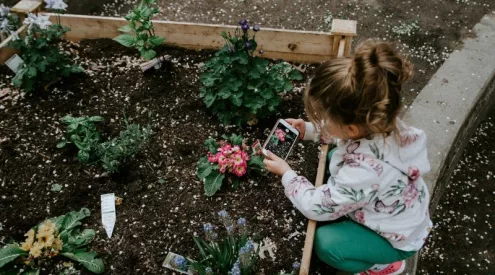On 22 June, a starved and dehydrated serval kitten crawled into a campsite near Waterval Boven, Mpumalanga. Through the collaboration and goodwill of people, the kitten was taken to a vet in Nelspruit. She was named Faith, a testament to the fight for survival she showed, shedding light on an obscure and threatened wild cat species.
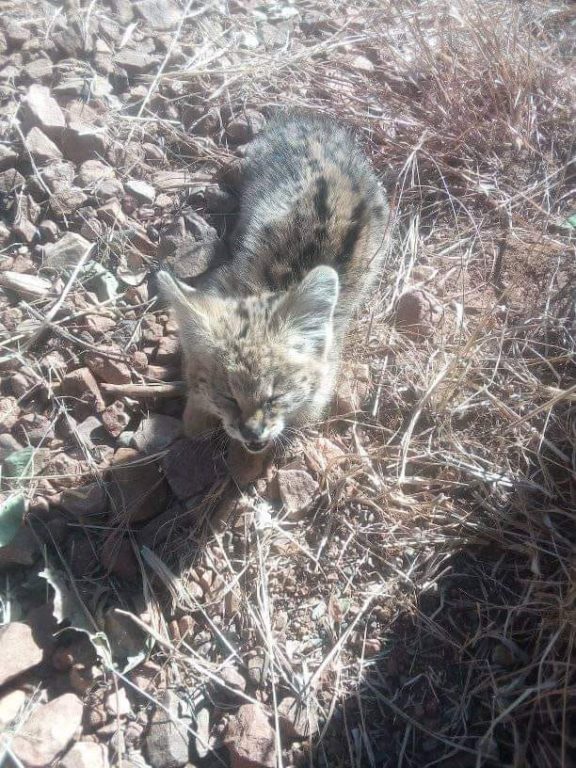
The image of the serval kitten that was posted to the SANParks Facebook group when it was spotted near Waterval Boven
Servals are medium-sized solitary wild cats with black-spotted coats and long limbs. Once found in abundance in Southern Africa from the Serengeti to the dry savannahs of South Africa, these wild cats are under increasing threat, whose status is becoming more precarious with their loss of habitat. This is why the story of Faith, a young kitten that was rescued near Waterval Boven, and whose fight for survival was representative of the species’ plight, is so prevalent.
The Story of Faith
Bongani Mkansi posted a photo of the sick kitten his friends saw in the area of Waterval Boven. Fortunately, Diedre Huyser from the Wild and Free Wildlife Rehabilitation recognised it as a serval and reacted immediately, getting the kitten help.

Faith arrived at Nelspruit animal hospital severely starved and dehydrated.
Soon, Wild and Free volunteer Eward Doubell was in his car on his way to rescue the cat, and bring it to the Nelspruit Animal Hospital. The effects of dehydration and starvation had taken its toll and she was put into intensive care, under the constant observation of the vets.
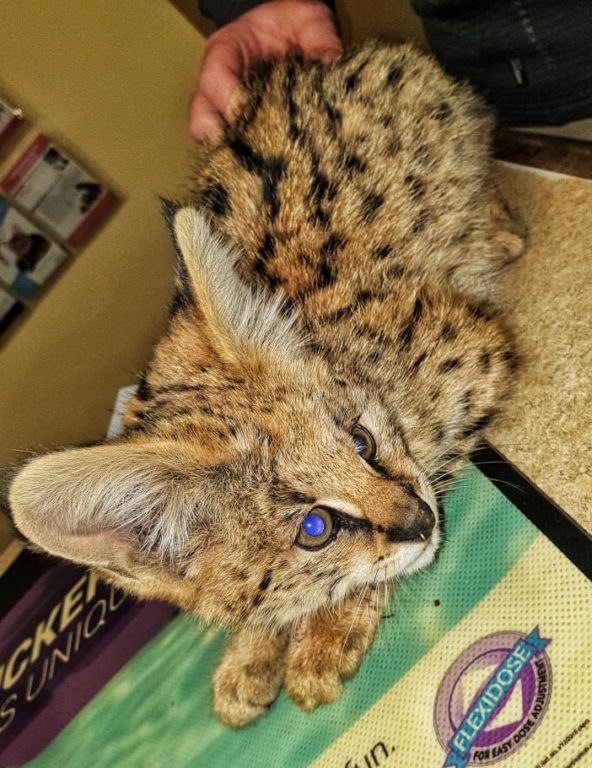
After a night in the animal hospital, Faith was showing signs of improvement and seemed to be a completely different cat. She was to stay at the vet for a few days to regain her strength before going to Wild and Free. It was then that she was named Faith as a testament to her will to survive against the odds.
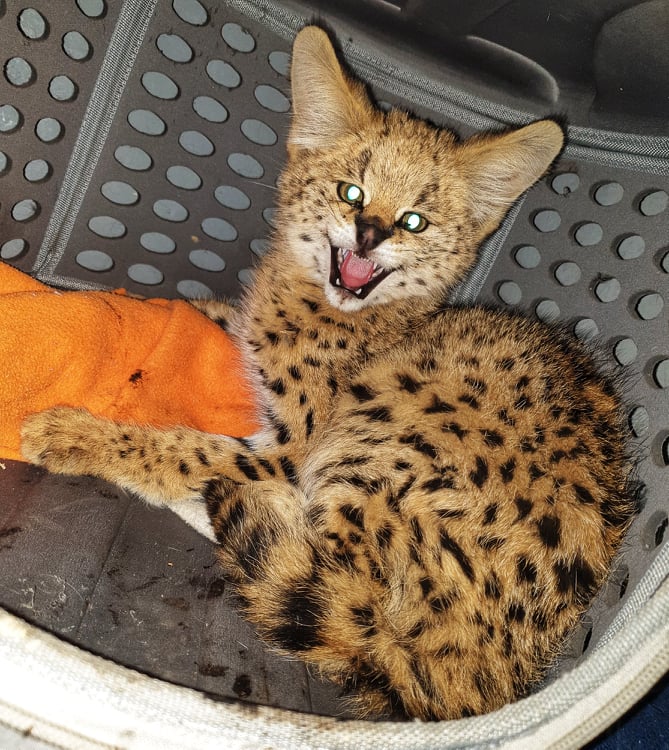
Faith showing more signs of life after a night at the Nelspruit Animal Hospital.
Servals’ fight for survival
But what Faith’s story alludes to is the ongoing struggle of an obscure species under threat. Servals’ distribution has seen a dramatic decrease in South Africa, having historically gone regionally extinct in the Western and Eastern Cape by the 1980s. Although they were successfully reintroduced to the Eastern Cape in the early 2000s, research has indicated that the 24-year period from 1990-2014 revealed a 32.8% decrease in natural wetlands in South Africa, servals’ primary habitat.
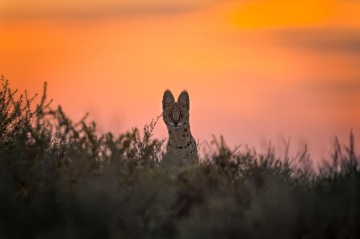
Picture: Teresa Nel, Getaway gallery.
This period is exactly three generations of serval, which the researchers argue hindered their status as their survival is inextricably linked with the conservation of wetlands. Because of the encroachment of urban, agricultural and industrial spaces on the servals’ natural habitat, the wild cats now occupy a precarious position. Their natural habitats are under threat and their proximity to human developments mean they are more likely to fall victim to predator control mechanisms.
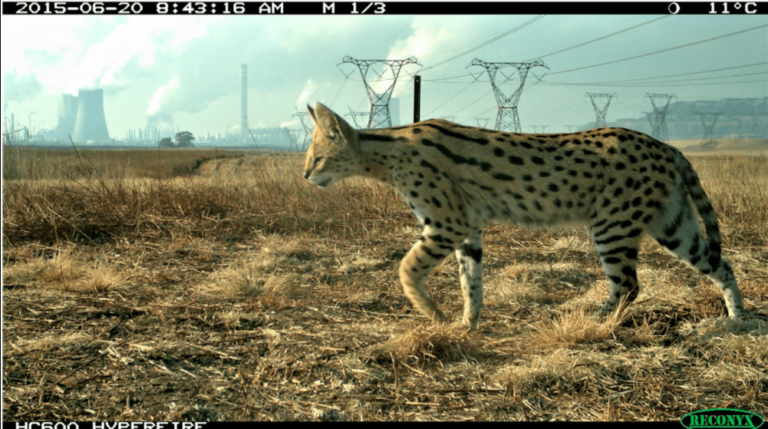
Camera trap image of a serval at the heavily industrialised Secunda Synfuels Operations plant. Picture from Nature Scientific Reports.
As a predator of rodents and birds, servals play a vital role in agricultural landscapes in controlling pests, and the Forestry department in Mpumalanga reintroduced servals to control rodents in a newly sprouting plantation. Their effective conservation demands a sufficient viable natural habitat. Research indicates that servals can perform symbiotic relationships with humans, where an ecological agricultural landscape with a mosaic of wetlands may support a healthy population.
Faith passes away
Even though the fight Faith put up to survive was moving, the effects of dehydration ultimately led to her death on 26 June. Even though there were dedicated individuals who tried to save her, in talking to Eward, he was certain that her mother could have been a victim to predator control mechanisms, leaving Faith orphaned and unable to feed herself. He is adamant that servals’ ongoing survival depends on the conservation and rehabilitation of their natural habitat.
Also read:
https://www.getaway.co.za/travel/nature-and-conservation/5-african-cats-you-probably-havent-heard-about/
Pictures of Faith: Eward Doubell


